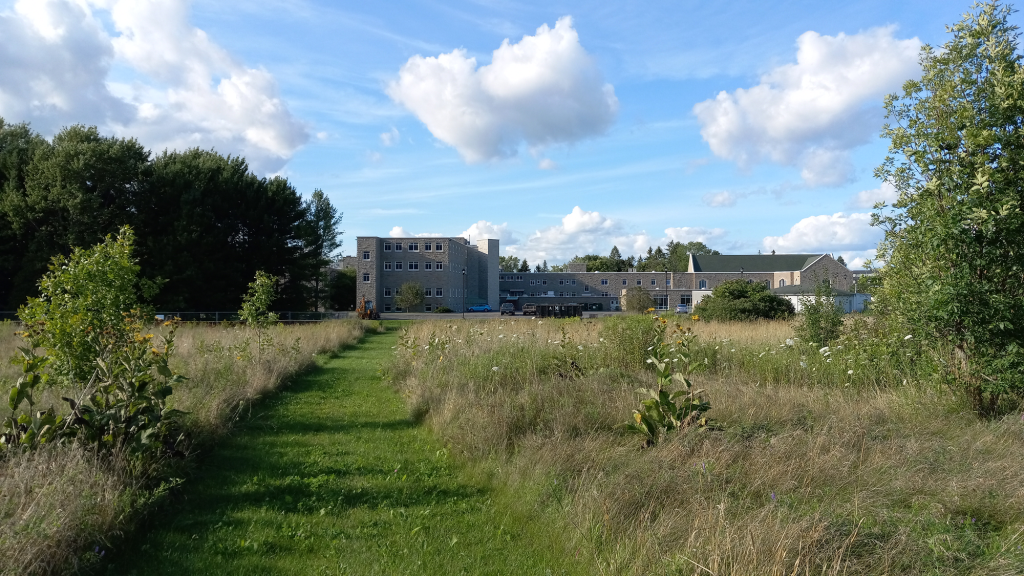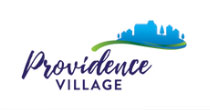
Providence Village is located in Katarokwi, now known as Kingston, on the unceded ancestral homelands of the Anishinaabe, the Haudenosaunee, and the Huron-Wendat Peoples—a place that has long been home to many diverse First Nations, Inuit and Métis Peoples. This territory is part of the Dish With One Spoon Wampum Belt Covenant, a sacred agreement between the Anishinaabe Three Fires Confederacy and the Haudenosaunee Confederacy to peaceably share and care for the resources around the Great Lakes.
As we build and grow Providence Village, we are guided by these teachings, recognizing our collective responsibility to care for the land in a way that honours the spirit of the Dish With One Spoon. This means protecting green spaces and ensuring the land’s sustainability for all our relations, now and for generations to come. We give thanks to Indigenous Peoples for their wisdom, teachings, and enduring stewardship of these lands since time immemorial, and to the land herself for her nourishment and gifts.
We also recognize that colonialism sought to sever these very relationships to land, culture, and community. We acknowledge that colonialism and the residential school system in Canada caused immeasurable harm to Indigenous Peoples—devastating families, erasing languages, suppressing Ways of Knowing that had sustained these lands and communities for generations, and creating intergenerational trauma that continues today. As an organization with historic ties to the Catholic Church, we acknowledge the Church’s role in the operation of residential schools and the profound suffering and harm they inflicted on Indigenous children, families, and communities. These institutions forcibly removed children from their homes, stripped them of their identities, and subjected them to neglect, mistreatment, and abuse.
We recognize this truth and take responsibility for learning from this history. We commit to reconciliation and to honouring the memory of the children who never returned home and the resilience of Survivors, their families and communities. Our commitment extends beyond words—we strive to actively and intentionally contribute to a future that upholds Indigenous rights, cultures, and traditions. At Providence Village, this means implementing a Reconciliation Action Plan with concrete steps aligned with the Calls to Action of the Truth and Reconciliation Commission. Reconciliation is an ongoing process that requires our action, humility, and commitment. We are committed to walking this path with Indigenous communities towards healing, understanding and respect.
We invite everyone who visits the Village to reflect on the history of this land, their relationship to the land, and the Indigenous stewards who have cared for this land across generations. We encourage you to visit native-land.ca to learn more.
